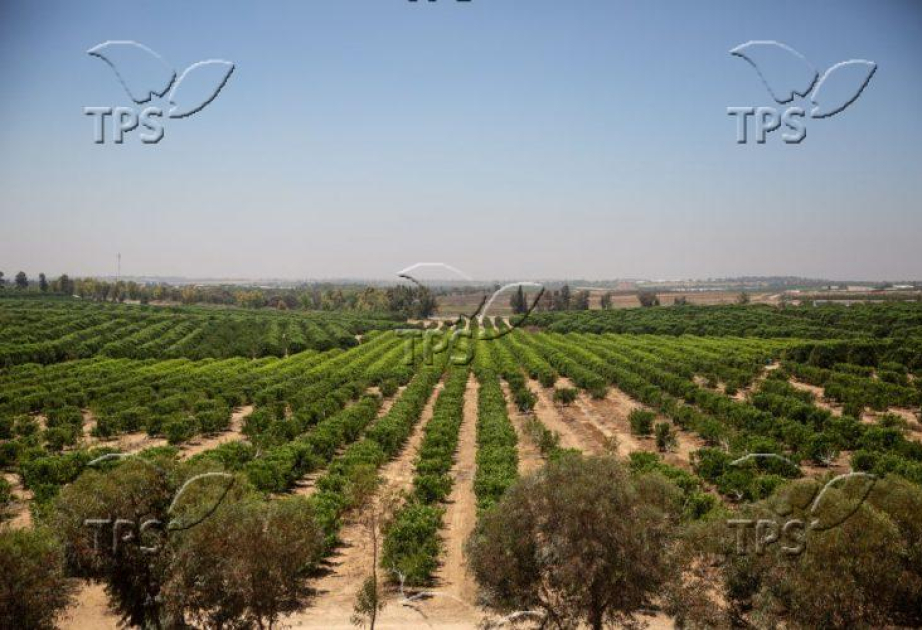As Earth Day is marked on April 22, Israeli researchers are advancing a promising eco-friendly alternative to traditional chemical pesticides. Their work aims to reduce the environmental and health impact of conventional crop protection methods while addressing the growing challenge of plant diseases, according to The Press Service of Israel (TPS-IL).
The joint project brings together Prof. Hanoch Senderowitz of Bar-Ilan University’s Department of Chemistry and ChemLife Center for Translational Chemistry, and Dr. Iris Yedidia of the Volcani Institute, the Ministry of Agriculture’s research arm. Using a combination of computational modeling and experimental science, the researchers are developing compounds that inhibit the virulence of plant pathogens without killing them — minimizing both ecological damage and the risk of antibiotic resistance.
“Our approach focuses on disrupting bacterial quorum sensing, which is the way bacteria communicate to coordinate attacks on plants,” said Senderowitz. “By targeting this communication system, we can prevent disease outbreaks without the need for harmful chemicals.”
The team employs cutting-edge molecular modeling techniques to pinpoint compounds that interfere with key proteins in pathogenic bacteria. This strategy allows them to reduce the severity of infections without applying broad-spectrum chemicals that damage surrounding ecosystems.
“We are optimistic that the compounds we are developing could soon be ready for commercial use,” said Senderowitz. “Our goal is to have a viable, sustainable alternative to traditional pesticides that will not only protect crops but also contribute to the overall health of our ecosystems.”
The project has received support from the United States-Israel Binational Agriculture Research and Development (BARD) Foundation, Israel’s Ministry of Agriculture, the COPIA venture agrifood fund, and the Israeli Innovation Authority.
















